THE WHAT and THE WHY – WHAT YOU SHOULD KNOW ABOUT FAT
 For so many years, health experts have preached that a low fat diet was the way for you to lose weight and be healthier. They proclaimed fats as your enemy, linking them to heart disease and other illnesses.
For so many years, health experts have preached that a low fat diet was the way for you to lose weight and be healthier. They proclaimed fats as your enemy, linking them to heart disease and other illnesses.
The food industry jumped on this “theory” and bombarded us with fat-free and low-fat “food” options. A walk down the supermarket aisle will confirm our obsession with fat-free foods.
To ensure that the flavour of foods was not compromised, they added sugar in increasing amounts. So, while our low-fat options exploded, so did obesity rates, as well as other related health issues.
Clearly, low-fat did not deliver the promised results. We now know that healthy fats DO NOT make you fat. In fact, they are one of the three macronutrients, along with carbohydrates and protein, that your body NEEDS to function at optimal levels.
And, truth be told, fats help us stay slim!! The right fats can help you become lean, healthy and vibrant.
THE WHY
So, why do we need fats in our diets, how much is enough, and what kind of fats should we incorporate into a balance eating plan?
Fats provide essential fatty acids (EFA’s) – essential for your body to function and to prevent disease. EFA’s help to build and protect cell membranes from inflammation, produce hormones, absorb vitamins effectively, protect your nerves, and support basic brain function, protect your heart, keep your  skin and hair soft and subtle, lubricate your joints.
skin and hair soft and subtle, lubricate your joints.
Fats deliver vitamins A, D, E, and K to your cells and are also are a great source of energising fuel.
So, you can see that your body really can’t function without them!
THE WHAT
How do you know if you’re getting enough ‘good’ fat?Your body will send you warning signs that you’re potentially deficient these signals could include the following:
- Dry, itchy, flaky skin
- Brittle nails
- Tiny bumps on the back of your arms or on your torso
- Achy and stiff joints
- Memory issues
- Diabetes
- Weight gain
- Painful periods or PMT
THE BAD FATS:
Let’s take a closer look at the different types of fats. The standard diet consists mainly of artery-clogging saturated and trans fats.
Why? Because they taste so good and are widely available in our food supply.
Fats (saturated and trans fats), together with salt and sugars, enhance the flavors of foods and keep you coming back for more.
Most of us have heard about the bad saturated fats. Usually solid at room temperature, found in animal products such as meat and diary.
Most processed foods on supermarket shelves are made with poor-quality omega-6 fats from refined, processed vegetable oils. They’re abundant, very cheap, taste good and improve texture.
Trans fats are unsaturated fats that have been altered though the process of hydrogenation to extend their shelf life. These should be avoided at all costs, as they are associated with heart disease, insulin resistance, obesity, type 2 diabetes (think: packaged cookies, pastries, muffins, and cakes).
THE GOOD FATS
Healthy unsaturated fats play a huge role in your overall health and well-being.
They are either polyunsaturated or monounsaturated fats and are considered good fats because they help lower your cholesterol levels, which can reduce the risk for heart disease and type 2 diabetes.
Polyunsaturated fats:
Provide you with essential fatty acids (EFA’s), essential meaning we must get them from our diet as our body does not manufacture them. These fatty acids keep your brain functioning well and aid in the healthy growth and development of your body.These “good” fats also help your body produce prostaglandins otherwise known as the hormones that cool off inflammation.
Omega-3 EFA’s, found in oily fish such as salmon, tuna, and sardines, as well as flaxseeds, chia seeds, avocado and walnuts, are central to reducing inflammation and heart disease.
It’s always best to get your omega-3s from food, but supplement if you need to.
Most people get too many omega-6 fatty acids from vegetable oils and margarine.
Monounsaturated fats:
Found in peanut butter, nuts, olive oil, sesame oil, and avocado. 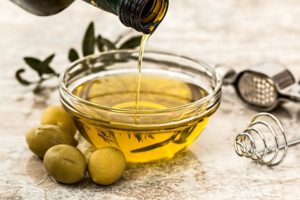
Exception to the rule – coconut oil, can be metabolised by the body faster than others, hence they are rarely stored as fat. Read more about that here.
For good health and a balanced diet
The more omega-3 fats you eat, the easier your body can cool off, which means less inflammation- the root of nearly every chronic disease, especially those impacting the brain and the heart.
Your brain is completely dependent on these high-quality fats. In fact, it is made up of 60 percent fat. High-quality fat boosts cognition, happiness, learning and memory.
In contrast, studies link a deficiency of omega-3 fatty acids to depression, anxiety, bipolar disorder, schizophrenia, and even violence.
Your heart will also thank you for eating more omega-3s, which help lower levels of bad fats (triglycerides) and raise levels of good fats (HDL). Omega-3 fats make blood more slippery, reducing the likelihood of artery disease.
And remember, the next time you are in the supermarket and spot a fat-free or low-fat label on a food item, take that as a red flag and your cue to run as fast as you can to the fresh produce section!
A few things you should consider when selecting your fat sources:
- Buy small amounts of fats in non-plastic containers. Oil that sits in large bottles shelves for months begins to degrade over time due to the constant exposure to heat, light, and oxygen.Additionally, avoid oils and fats in plastic containers at all costs, since the plastic leaches into oil or fat – a toxic mix!
- Change it up: it’s important not to get stuck in a fat rut! To ensure you’re reaping all the health benefits that different kinds of fats provide.In my kitchen, I have several oils to choose from: coconut oil, ghee, sesame oil, walnut oil, extra-virgin olive oil, and flaxseed oil, to name a few. I try to vary my use throughout the week.I also like to get fat-rich sources from foods like avocados, nuts, wild trout or salmon, flaxseed meal, walnuts, or chia seeds, some of which are rich in anti-inflammatory omega-3s.
If you’re struggling with tiredness, low energy or wanting to lose your excess weight, and any kind of hormone imbalance. I’ve put together a FREE guide for you, so you can start to learn how and why specific foods, and drinks, can help you have more energy and lose weight naturally.
You’ll find it is easy to add these ingredients into your diet on a daily basis – get your downloadable guide here
In fact, at the end, I’m going to share one simple recipe you can make in under five minutes that incorporates all of these foods.
Get your copy of the FREE guide:
5 Foods that will help boost Your Energy Levels and Lose Weight Naturally.
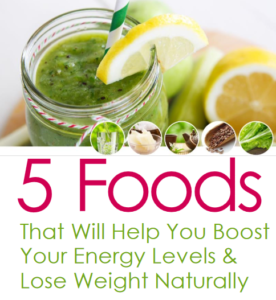
 So, why eat brassicas anyway?
So, why eat brassicas anyway? 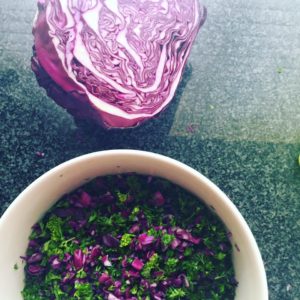
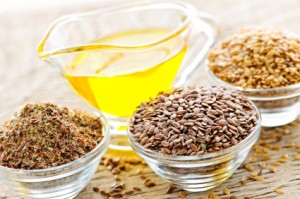
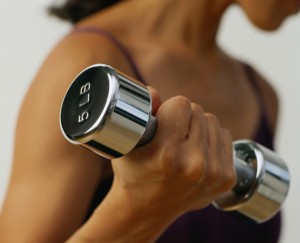
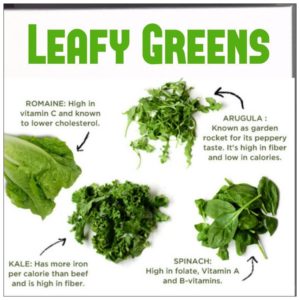
 Omega-3 fatty acids are found in fatty fish, such as herring, sardines, and salmon. Other sources of omega-3s include flaxseeds & walnuts. Omega-3s are known to decrease inflammation and may reduce the risk of acne and other skin problems.
Omega-3 fatty acids are found in fatty fish, such as herring, sardines, and salmon. Other sources of omega-3s include flaxseeds & walnuts. Omega-3s are known to decrease inflammation and may reduce the risk of acne and other skin problems. What to do instead: Use natures air purifiers – plants.
What to do instead: Use natures air purifiers – plants.